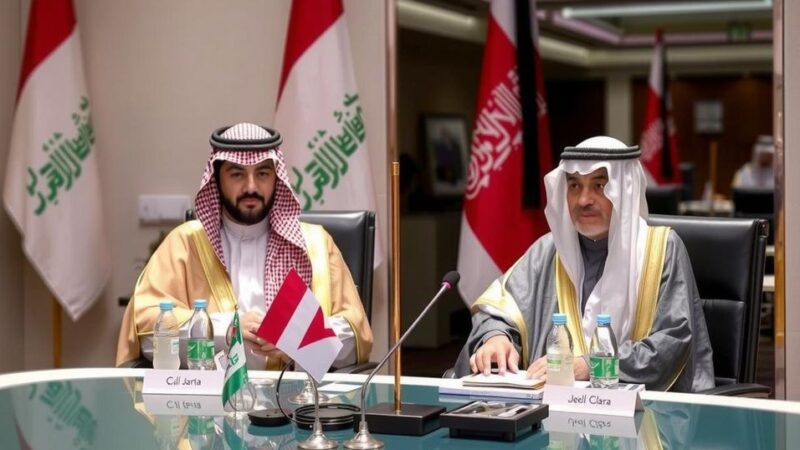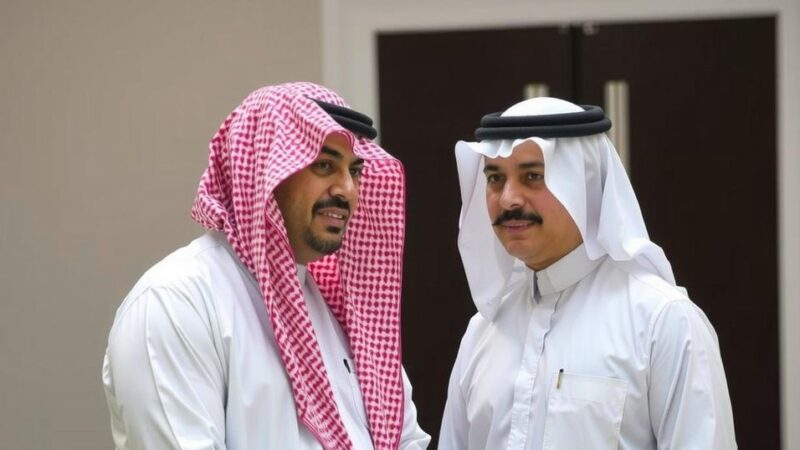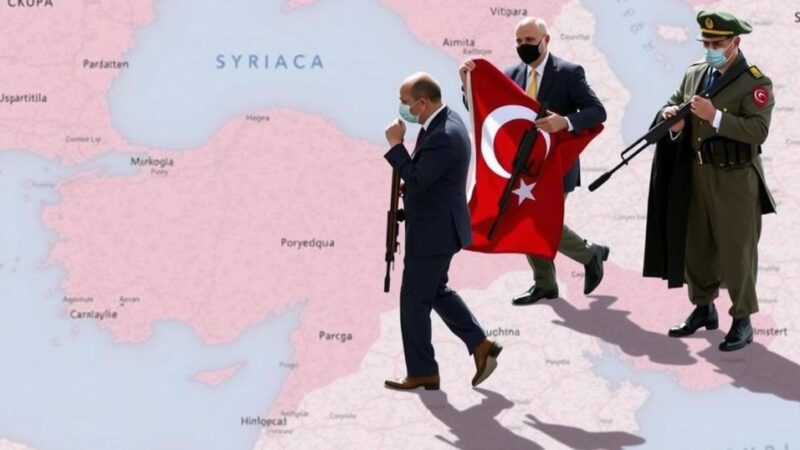Syria and Lebanon aim to strengthen ties as Prime Minister Najib Mikati visits Damascus for the first time since the Syrian civil war began in 2011. Both leaders express a commitment to mutual respect and solving regional issues, including the return of Syrian refugees, border demarcation, and combating smuggling.
Syria’s new leadership, under Ahmed al-Sharaa, and Lebanese Prime Minister Najib Mikati have pledged to strengthen relations during Mikati’s inaugural visit to Damascus since the commencement of the Syrian civil war in 2011. This visit follows significant changes in the regional political landscape, particularly after the fall of Bashar al-Assad’s regime and the election of Lebanon’s president Joseph Aoun after a prolonged period of political impasse. Prime Minister Mikati emphasized that the renewed bilateral ties should be based on mutual respect and sovereignty, aiming to address pressing issues, including the plight of approximately two million Syrian refugees in Lebanon, whose return is seen as critical for both nations.
Historically, Syria has played a significant role in Lebanon’s political dynamics, particularly under the Assad regime. Syria’s control over Lebanon lasted three decades, culminating in a military withdrawal in 2005 after the assassination of former Lebanese Prime Minister Rafic Hariri. The relationship between the two neighboring countries has been marred by tensions, particularly regarding military support and refugee issues during the civil war. With significant changes in leadership and a change in regional alliances, both nations are seeking to redefine their relationship and address long-standing grievances, including border demarcation and smuggling.
The meeting between Syria’s new leadership and Lebanon’s Prime Minister marks a potentially transformative moment in regional relations after years of tension. Both leaders express a commitment to fostering collaborative ties grounded in mutual respect and sovereignty. The urgent challenges of refugee management and border security remain a priority, setting the stage for future dialogues aimed at resolving these critical issues.
Original Source: www.news-shield.com







